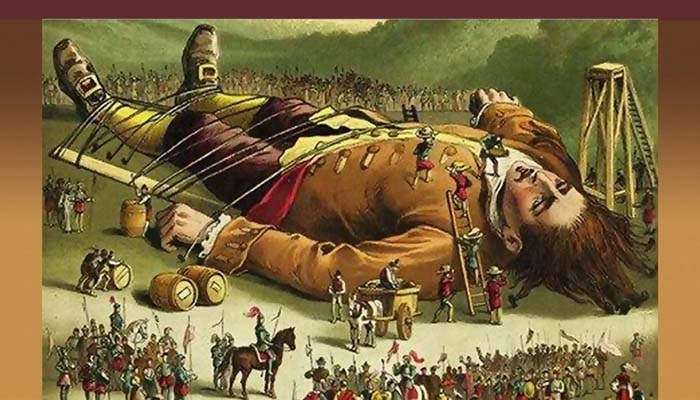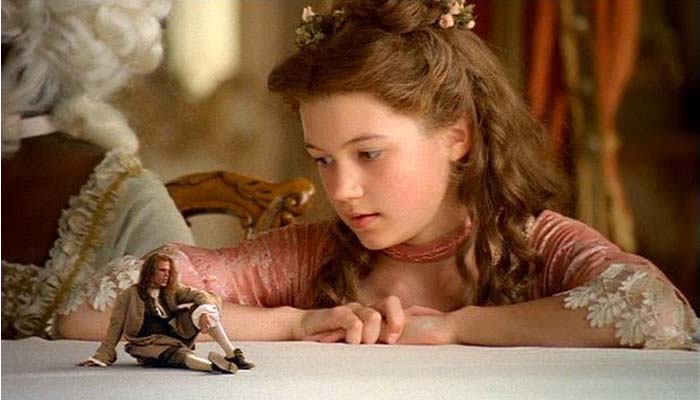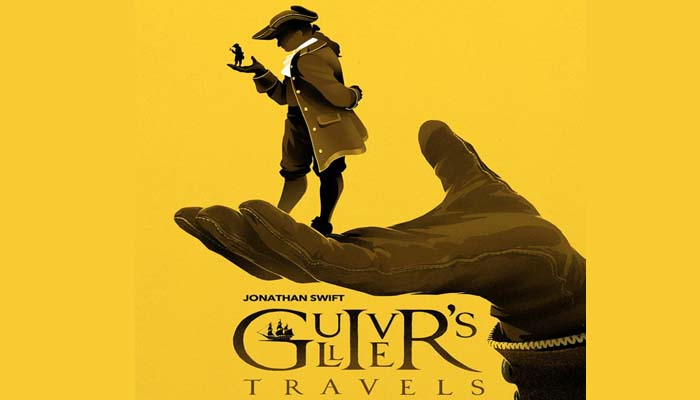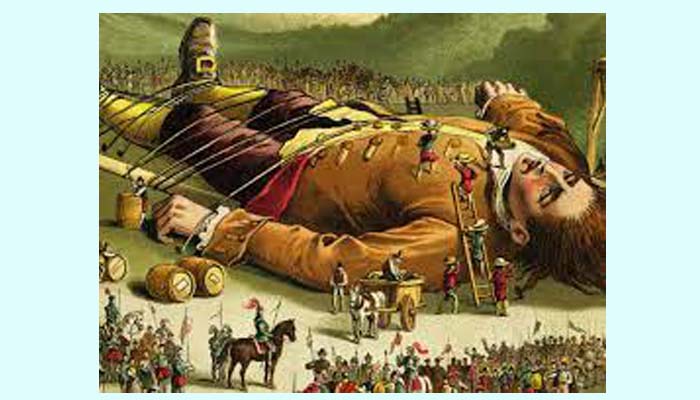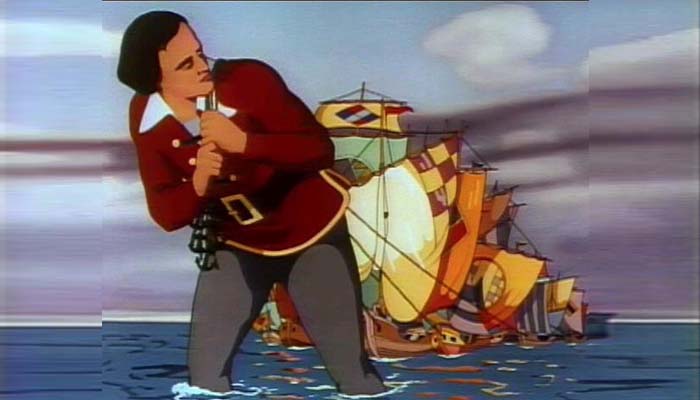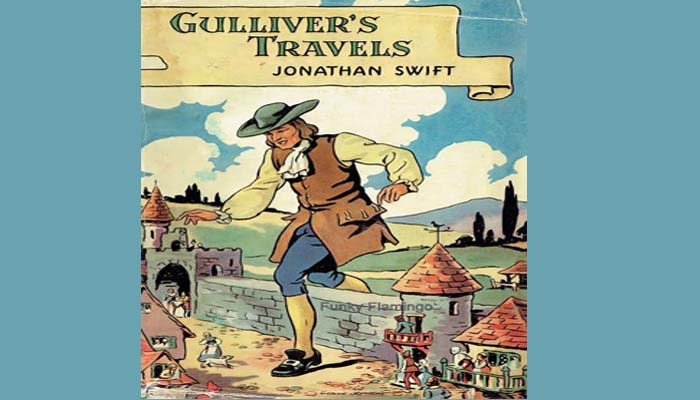
Gulliver’s Travels political background. In your opinion, which voyage in Gulliver’s Travels was the most effective in enlightening you about the flaws and follies of governments and their leaders?
Introduction
“Gulliver’s Travels” is a 1726 prose written by Jonathan Swift. Jonathan Swift’s “Gulliver’s Travels” is a fictional satire written by him. Gulliver appears to be an ordinary man in eighteenth-century England in the grand scheme of things in Gulliver’s Travels. He is worried about his family and his job, but he also has to deal with the pressures that politics and political philosophy. Gulliver is incapable of deceiving the Lilliputian politicians; therefore, he and the Lilliputians are always the polar opposites for us. The contrast between Gulliver’s imperfect but normal moral life and the petty and silly political lives of monarchs, prime ministers, and informants is constantly apparent.
Gulliver’s Travels political background
‘Gulliver’s Travels’ is a 1726 prose written by Jonathan Swift. Gulliver’s Travels tells the story of Lemuel Gulliver, a travel-minded Englishman who was trained as a surgeon who sailed to sea when his business failed. Rarely does the narrative of the dying first-person show any signs of self-reflection or a deeply sensitive response, as Gulliver describes the adventures he undertook on these trips.
Voyage 1, Gulliver’s Travels voyage to lilliput, When Gulliver’s journey begins in a storm, he arrives at Lilliput Island, where he sees that he has been captured by the Lilliputians, a very small man about six inches high. Gulliver is treated with compassion and anxiety. Instead, he helps them solve some problems, especially their conflict with their enemies, Blefuscu, an island in the valley from them. Eventually, Gulliver became a national resource, used by the military in the war against the people of Blefuscu, who hated the Lilliputians for ideological differences regarding the correct way of breaking eggs. He urinates and extinguishes the fire in the palace Gulliver became unbiased because he refused to support the emperor’s desire to enslave the Blefuscudians. Gulliver fled to Blefuscu, where he converted a large warship into his own use and set sail from Blefuscu, and was eventually rescued at sea by an English merchant ship and returned to his home in England.
Swift mocks religious strife with Gulliver’s objective fact. In terms of politics, Blefuscu represents France while Lilliput represents England. The theological dispute over egg-breaking reflects the long-running conflict between Catholic France and Protestant England. The act of breaking eggs can be contentious in terms of culture, and it’s also probable that it reflects tensions between the Catholic and Anglican religions. Anglicans get the addition in the form of bread and wine, while Roman Catholics receive only bread. Although the French and English battled over land and loot, Jonathan Swift uses symbolic contrasts between churches to demonstrate the futility of any religious war.
by Ador

